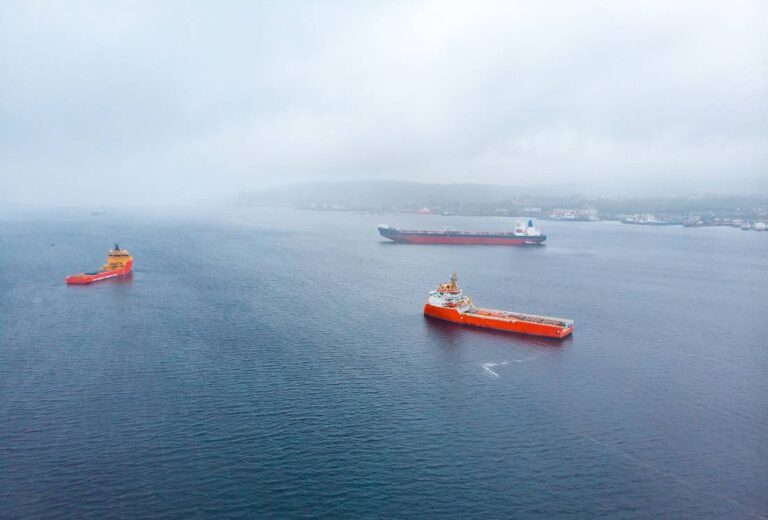
The United States has always been a leader—innovative, resilient, and unmatched in maritime capability. Our domestic maritime industry, with more than 40,000 vessels and 650,000 American jobs supported, remains the envy of the world. The secret behind this enduring success is simple: strong cabotage laws that protect and promote our national interests, laws that more and more nations are now choosing to adopt.
At the heart of America’s domestic maritime strength lies the Merchant Marine Act of 1920, better known as the Jones Act. This cornerstone policy ensures that vessels transporting cargo between U.S. ports are American-built, American-owned, and American-crewed. In short, it keeps control of America’s waterways—and the jobs they sustain—in American hands.
Recent research by Seafarers’ Rights International (SRI) shows just how globally influential this approach has become. When SRI first examined cabotage in 2018, it found that 91 nations maintained such laws. The updated 2025 report reveals that the number has since grown to 105 countries—representing over 85 percent of the world’s coastline. That expansion underscores an unmistakable trend: cabotage is increasingly recognized as sound, strategic policy.

Map of 105 nations across the world that have cabotage laws, as recorded by the Seafarers’ Rights International (Credit: SRI)
The reasons are clear. Cabotage laws ensure that nations retain control over their domestic commerce, safeguard good jobs for their own citizens, and strengthen national and homeland security. As SRI found, countries embrace cabotage to maintain national security, promote fair competition, develop maritime skills and technology, create local jobs, expand national fleets, and ensure environmental and port safety. In an era of geopolitical uncertainty, these goals have never been more relevant.
In the wake of the pandemic and global supply chain disruptions, America’s leaders have rediscovered what mariners have always known: a nation that controls its shipping controls its destiny. A new Executive Order and bipartisan legislation now advancing in Congress both recognize the importance of revitalizing U.S. maritime strength as a strategic and economic imperative.
Yet, not everyone shares that vision. Foreign interests have launched quiet campaigns to weaken America’s cabotage laws, even as many European nations maintain their own cabotage systems. Earlier this year, Congressional leaders rightly condemned reports of European Union interference aimed at undermining the Jones Act—a move that highlights how vital this issue is to our sovereignty and security.
Meanwhile, China’s stated maritime ambition is to dominate global shipbuilding and shipping. This aggressive posture has prompted countries worldwide to fortify their maritime independence, often by enacting or strengthening cabotage laws. They, too, have reached the same conclusion we have: cabotage is the first line of defense for national maritime security and self-reliance.
The facts are undeniable: cabotage laws are good policy, backed by decades of American success and growing global adoption. As the SRI report shows, the world is not moving away from cabotage; it is moving toward it.
David Heindel is President of the Seafarers International Union, and Jennifer Carpenter is President of the American Maritime Partnership, as well as President and CEO of the American Waterways Operators.



